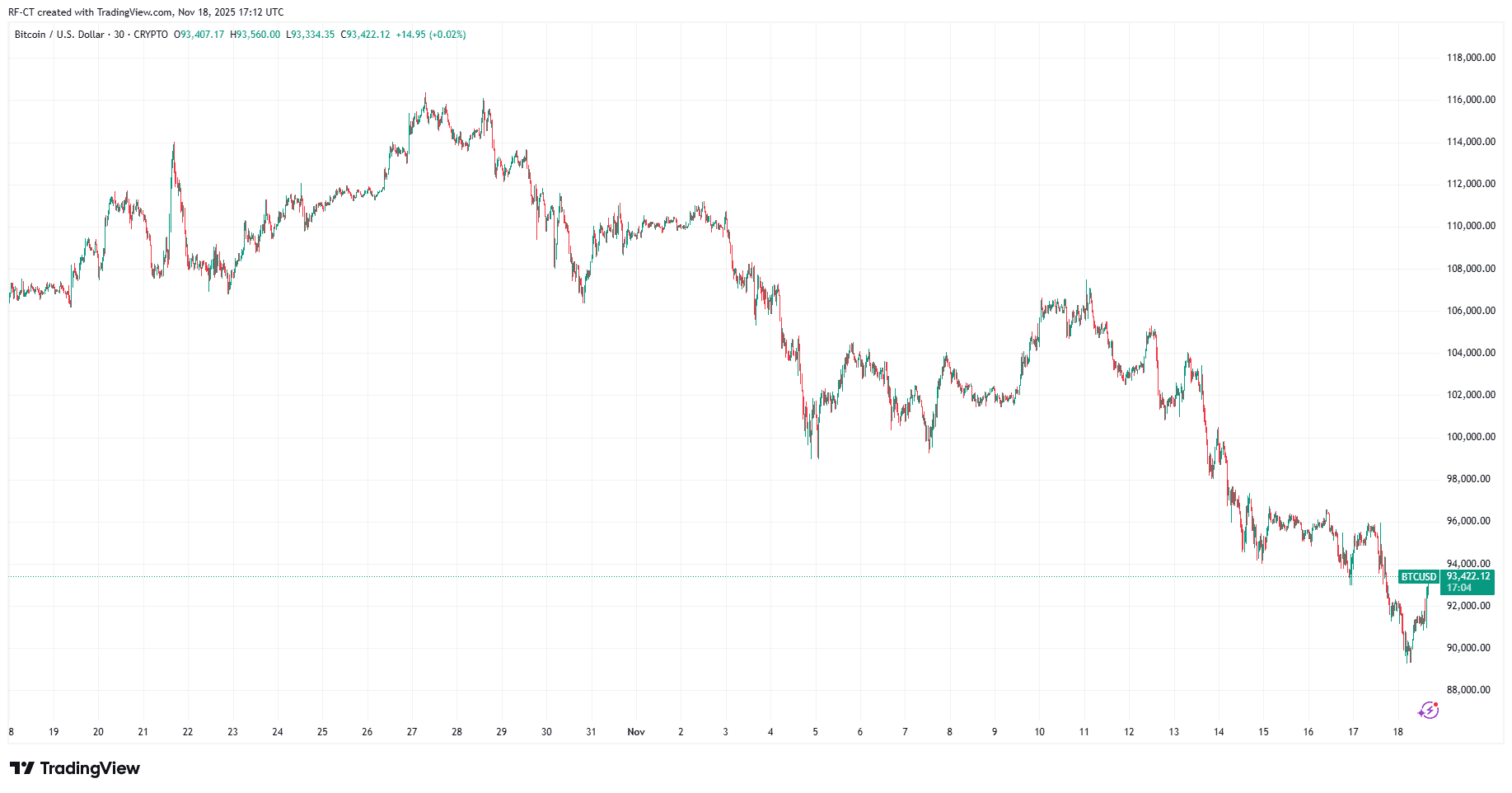Crypto and Construction Converge: Kengo Kuma’s Georgia Development Draws International Investment
- Georgia's Kengo Kuma-designed Black Sea coastal project attracts crypto investors seeking real estate diversification amid 2025 market shifts. - Tax exemptions and investor-friendly policies drive crypto-backed interest in Georgia's luxury sustainable developments, mirroring global digital asset-to-property trends. - U.S. real estate firms like Alexandria and Galaxy Digital highlight crypto-real estate linkages, with Georgia's project symbolizing converging traditional and digital economies. - Environmen
Georgia, situated at the crossroads of Eastern Europe and the Caucasus, is unexpectedly becoming a hotspot for cryptocurrency enthusiasts, largely due to an ambitious architectural project led by acclaimed Japanese architect Kengo Kuma. This mixed-use development on the Black Sea shoreline has piqued the interest of international investors looking to diversify their portfolios in uncertain financial times. The venture also reflects larger shifts in real estate and digital asset markets, highlighting evolving economic priorities as 2025 approaches.

The Batumi-based complex designed by Kuma incorporates eco-friendly architectural concepts and upscale living spaces, supporting Georgia’s efforts to revamp its tourism industry. Although the project remains in its initial phases, local authorities have noted a notable increase in interest from both crypto-funded companies and private investors. This mirrors a worldwide trend where wealth generated from digital assets is increasingly being invested in real estate, especially in regions with supportive regulations and rising property prices.
The overlap between real estate and cryptocurrency is also visible in the United States. For example, Alexandria Real Estate Equities, Inc. experienced a 6.0% drop in same-property net operating income in the third quarter of 2025 compared to the same period in 2024, a sign of broader difficulties in the life sciences industry, as detailed in its
Georgia’s attractiveness goes beyond innovative design. The nation has historically provided a tax-friendly environment for overseas investors, including rental income exemptions for properties held over five years. This, paired with Kuma’s international acclaim, offers a compelling proposition. “It’s difficult to overlook the synergy between world-class architecture and Georgia’s pro-investor policies,” commented a real estate advisor in Tbilisi.
On the domestic front, Georgia’s political scene is also shifting. State Representative Marcus Wiedower, a Republican from Watkinsville, recently stepped down from the Georgia General Assembly to dedicate more time to his real estate business, Hillpointe, as reported by
The connection to cryptocurrency, however, remains largely speculative. While there is no concrete evidence directly linking Georgia’s property surge to crypto investments, the country’s regulatory adaptability and strategic location are consistent with trends in other up-and-coming markets. For instance, Equity Residential’s recent $103 million purchase of a 375-unit complex in Texas highlights the industry’s focus on high-growth regions. Georgia’s coastal real estate, with its mix of cultural richness and economic incentives, could see similar achievements.
Some critics warn that the long-term success of the project hinges on Georgia’s ability to balance tourism growth with environmental stewardship. The Black Sea’s fragile ecosystem presents challenges to Kuma’s plans. Nevertheless, supporters believe the project’s sustainable approach and the area’s pivotal position between Europe and Asia give it a strong foundation for the future.
As 2025 unfolds, the merging of architecture, property development, and digital assets in Georgia is expected to draw even more attention. For now, the Kengo Kuma development stands as a testament to a new age where traditional and digital economies converge, transforming the global investment landscape.
Disclaimer: The content of this article solely reflects the author's opinion and does not represent the platform in any capacity. This article is not intended to serve as a reference for making investment decisions.
You may also like
BTC Turmoil and AI Breakthroughs: Grok 4.1, Gemini 3, Cloudflare Outage

AI Confidence and Economic Concerns Set Crypto Strength Against Market Downturn
- U.S. stock indexes fell on Nov. 18, 2025, while crypto and AI-linked stocks showed resilience amid broader market weakness. - Nvidia's upcoming earnings and 54% YOY EPS forecast fueled gains in correlated stocks like TSMC (+41% YTD) and SMCI (+15% YTD). - Bitcoin rebounded 1% temporarily, but analysts warned crypto remains vulnerable to inflation fears and $1B+ leveraged liquidations. - Home Depot's 3% premarket drop dragged on the Dow after missing Q3 earnings and slashing profit forecasts amid housing

Solana's Breakthrough: Ushering in a New Age of Fast and Scalable Smart Contracts?
- Solana's 2025 upgrades (Firedancer, Alpenglow) achieved 1M TPS and sub-150ms latency, outperforming Ethereum and Sui . - Enterprise partnerships with Visa , PayPal , and Stripe leverage Solana's speed and low fees for payments and remittances. - Institutional ETF inflows and energy-efficient proof-of-history consensus boost Solana's appeal for green finance. - Challenges include competition from Ethereum upgrades, stablecoin liquidity declines, and regulatory risks.
Trump’s Federal Reserve Shakeup Raises Concerns Over Stagflation and Divides Within GOP
- Trump announced his Fed chair pick but withheld the name, criticizing resistance to removing Powell before his 2026 term ends. - Shortlisted candidates include Waller, Bowman, and Rieder, with Trump hinting at a "standard" choice amid political tensions. - The dispute with Rep. Greene over Epstein files highlights GOP fractures, as Trump accused her of betraying party loyalty. - Critics warn politicizing the Fed risks stagflation, while the Epstein files debate underscores transparency vs. loyalty tensio
